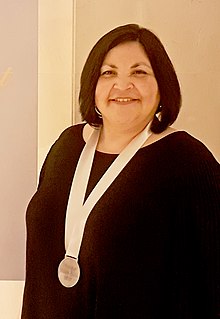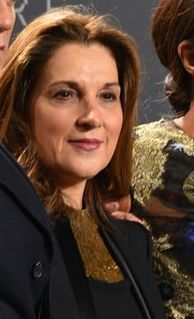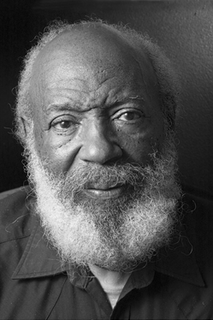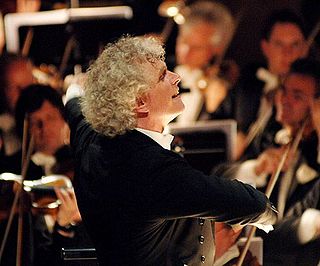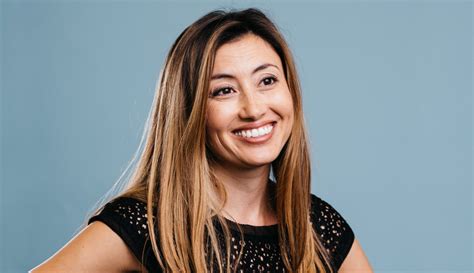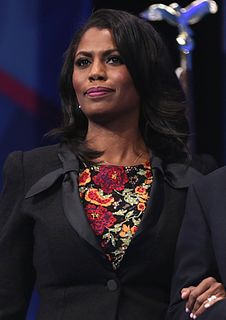A Quote by William Gibson
The designers [of the 1930s] were populists, you see; they were trying to give the public what it wanted. What the public wanted was the future.
Related Quotes
Dad and Mom were frustrated artists - Dad wanted to study engineering or architecture and Mom wanted to be an actress - but the world was a different place when they were young so Dad became a public works foreman and Mom became a stay-at-home mom. When I said I wanted to be a writer, they were thrilled. They did everything in their power to support me.
Whether we're talking about the New Deal or the Great Society: they didn't come about because they wanted to buy people off with "hush money." They were the outcomes of struggles. They were the outcomes, in the 1930s, of a viable socialist-communist movement. They were the outcomes of a viable workers' movement. FDR didn't give in because he wanted to shut people up, he gave in because he was under pressure. He had no choice.
When you see the documentary, you'll see that there were parallels. Michael and I both wanted Daniel Craig, and it was the same as it was for Cubby and Harry when they wanted Sean [Connery]. The studio wanted a star and wanted an American, and wanted this and that, but they determined, "No, it's Sean Connery."
Henry Ford made a lot of money making cars at one time, but that was a small advantage to him compared to the benefit to millions of people who for the first time in their lives were emancipated from common public carriers and could live where they wanted, move at the hours they wanted, to the places they wanted. Ford collected a billion bucks, but that was peanuts compared to the benefits.
I have looked at public opinion polls in France in the late 1940s and early 1950s during the height of Marshall Plan aid. They had a very negative attitude towards the United States then. There were negative attitudes towards the United States because of Vietnam. There were negative attitudes about the United States when Reagan wanted to deploy intermediate range ballistic missiles. I don't think the president should base his foreign policy on American public opinion polls, let alone foreign public opinion polls.

